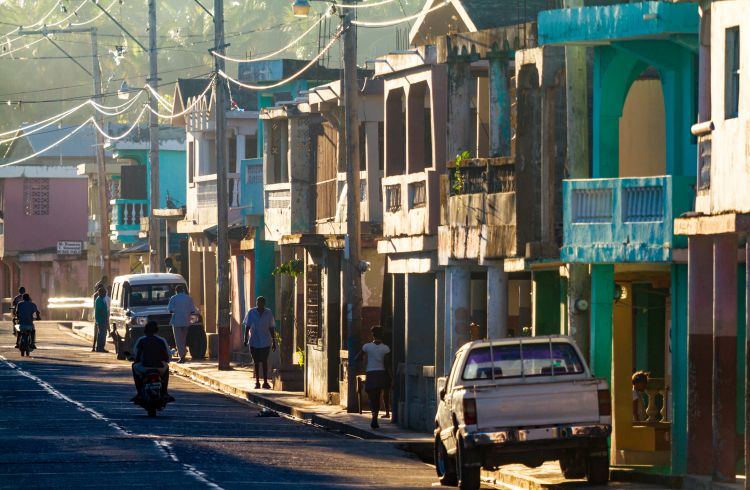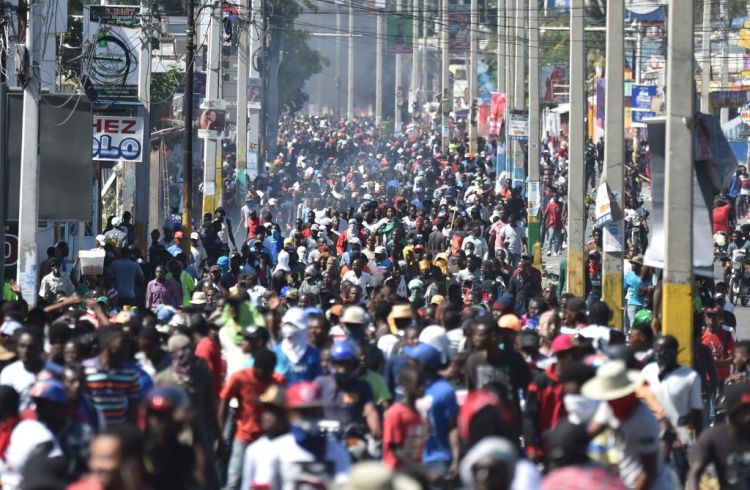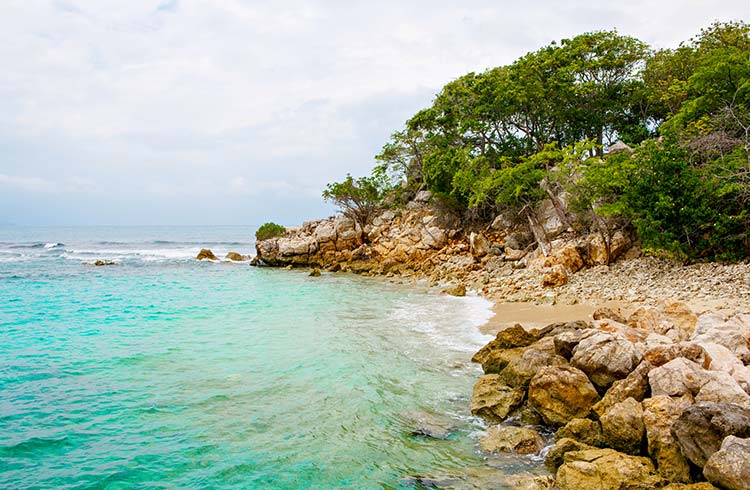Haiti Travel Alerts and Warnings
Is it safe to travel to Haiti right now? Find out how coronavirus (COVID-19) restrictions may affect your travel plans.
 Photo © Getty Images/John Seaton Callahan
Photo © Getty Images/John Seaton Callahan
Coronavirus (COVID-19) travel restrictions in Haiti – updated 21 July, 2020
A state of emergency was declared in Haiti on 19 March, and this has been extended to 19 July.
Some international flights have resumed from 1 July. Passengers must complete a COVID-19 health questionnaire, and anyone with a temperature above 100.4ºF (38ºC) will not be allowed to board the flight.
Emergency measures include a curfew between midnight and 4am, and a ban on gatherings of more than 10 people. Wearing face masks in public is required.
Previous travel alerts for Haiti
'Do not travel' alert for Haiti – March 2020
On 5 March, 2020, the U.S. Department of State raised its level of advice to Level 4 "Do not travel" due to crime, civil unrest and kidnapping in Haiti.
It is important you follow the advice of your government when booking or planning a trip.
For travelers who are not from the United States, check your government's travel advisory for information that is most relevant to you.
Here are a number of travel safety tips for anyone who is in Haiti:
- Avoid protests or demonstrations, which may turn violent
- Carry limited cash with you during the day, keep your valuables locked up safely in your accommodation
- Travel with a local guide, tour group or at least two people at all times
- If you are robbed, do not resist to avoid risking injury or your life
- Avoid walking at night – travel in a vehicle
- Take note of dangerous areas around town, and listen to the advice of locals, guides or accommodation staff.
Protests and demonstrations in Haiti – February 2019
Several government travel advisories are warning travelers against travel to Haiti due to the deteriorating security situation, and have advised their citizens who may be in the country to depart Haiti immediately.
Violent protests have occurred in the capital, Port Au Haiti, and other towns since 7 February, 2019, as locals demand the resignation of the country's president and prime minister. Violent crime such as armed robbery has escalated and there are roadblocks in place across the country.
Medical and consular services may be limited or nonexistent. The main hospital in Port Au Prince is experiencing difficulties receiving supplies and staffing is limited due to the ongoing violence.

Related articles
Simple and flexible travel insurance
You can buy at home or while traveling, and claim online from anywhere in the world. With 150+ adventure activities covered and 24/7 emergency assistance.
Get a quote
No Comments